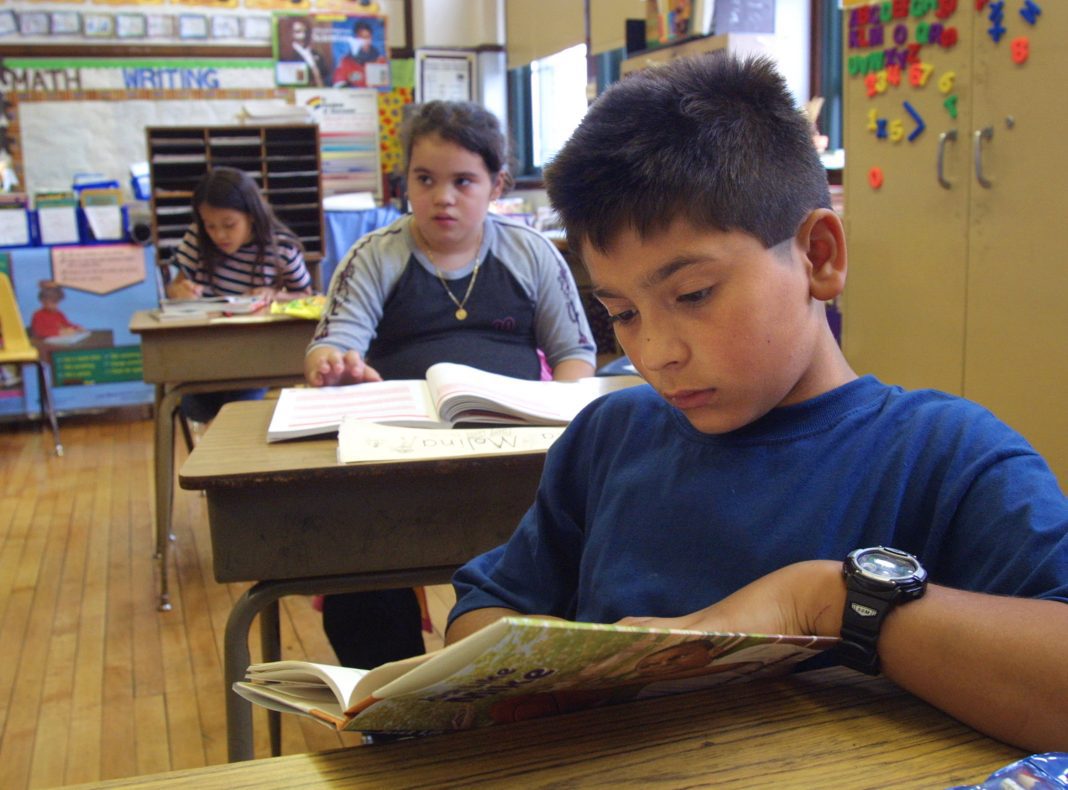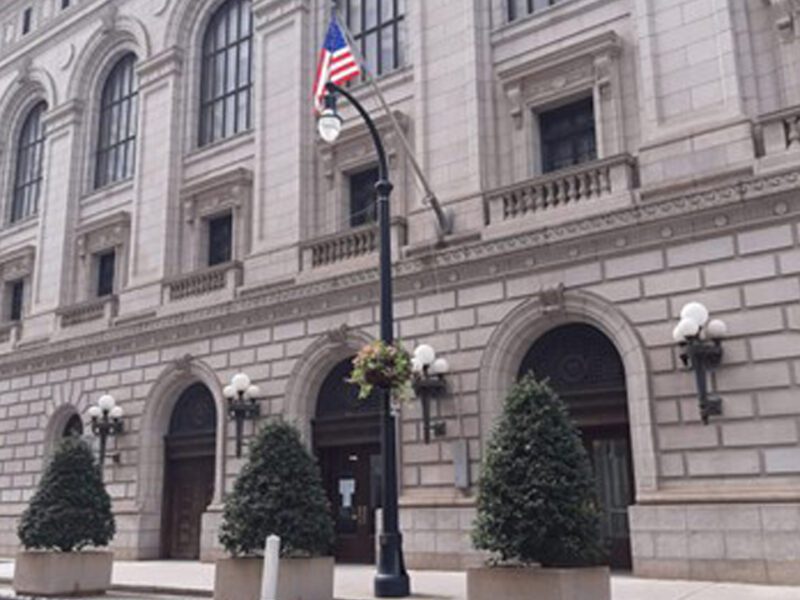National 4th grade reading scores show FL Black students struggled more than other racial groups
The difference between reading scores by race is often called an ‘achievement gap’
Florida Phoenix | By Danielle J. Brown | November 2, 2022
The differences in national 4th grade reading scores, based on certain racial groups in Florida, has widened over the course of the pandemic, with Black students struggling the most, according to federal education data.
For example, Florida’s Black 4th graders had an average score of 207 in 2022, falling far below the threshold for proficiency in reading. That compares to a score of 234 for white students in reading. The difference in those scores, by race, is often described as an achievement gap.
In Florida’s case, the gap between Black and white students in 4th grade reading got worse in 2022, compared to 2019, as the COVID-19 pandemic emerged and spread. The data comes from what’s called the Nation’s Report Card, a national assessment that involves a sampling of students tested in certain grades and subjects across the country.
The scores for racial groups include white, Black, Hispanic and Asian.
As for Florida’s Hispanic students in 4th grade reading, the average score was 222, compared to 234 for white students — a gap of 12 points. In 2019, that gap was the same — 12 points, the data show.
Between Hispanic and Black students, Black students fared worse in in terms of the gap for 4th grade reading — an average score of 207 for Black students compared to 222 for Hispanic students.
Asian students had the highest scores in 4th grade reading in Florida, with an average score of 255.
That was higher than white students, which had a score of 234. That gap between white and Asian students was 21 points. For Hispanics, the gap was 33 points, and Black students, 48 points compared to Asian students.
The achievement gaps between students of different races reflects a conundrum currently in play at the U.S. Supreme Court, as the justices consider a case that could have major impacts on affirmative action in college admissions.
The Phoenix explained Monday: “The U.S. Supreme Court’s conservative majority on Monday questioned the legality of race-conscious policies in college admissions, as the justices weighed two cases that could upend the admissions process many colleges use to try to boost diversity on campus.”
There are two cases at play here: One involving Harvard University and another involving the University of North Carolina.
The plaintiffs in the UNC case argue that the institution discriminates against white and Asian applicants, instead giving preferences to Black, Native Americans or Hispanic applicants.
For the Harvard case, they claim that Asians have been discriminated against by being less likely to be admitted to Harvard than white, Black or Hispanic applicants.
Both of these challenges were filed by the nonprofit Students for Fair Admissions, the Phoenix previously reported.
That said, there is concern by those who support affirmative action that diversity on campuses could diminish if there is a ban of race-c0nsiderations for college applications, the Phoenix also reported.






